The Intersection of Technology and Healthcare: How AI and Robotics Are Transforming Medicine
How AI and Robotics Are Transforming Medicine
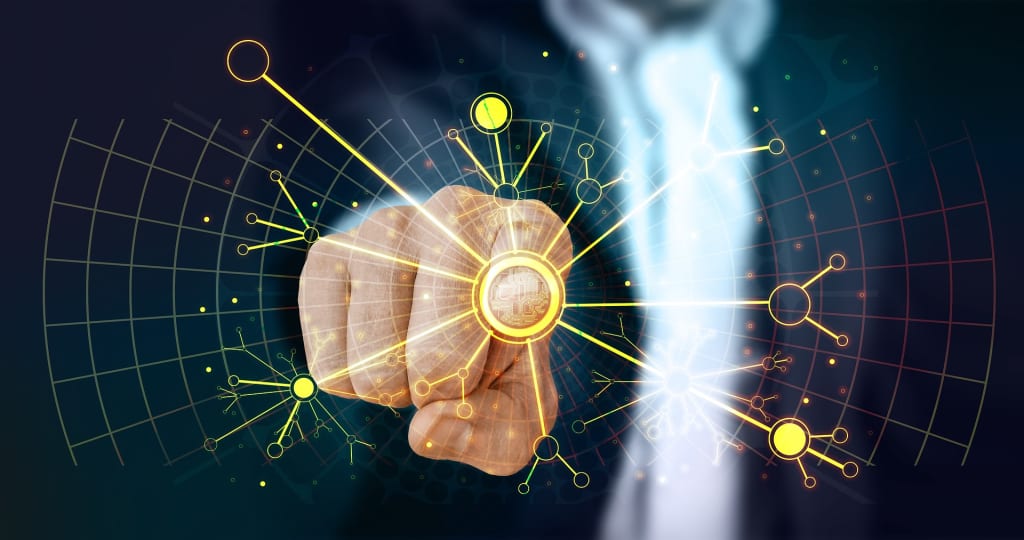
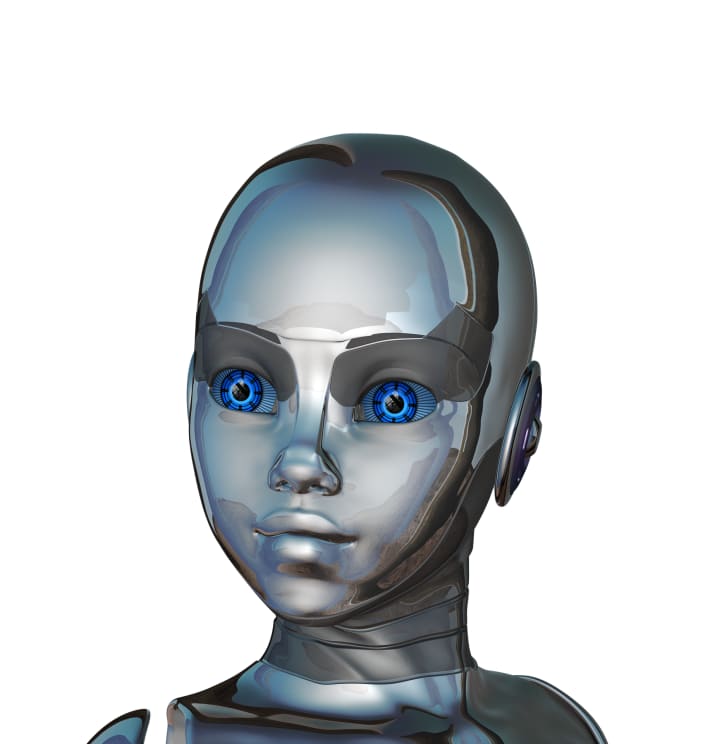
The healthcare industry has been transformed in recent years by advancements in technology, and two of the most exciting developments are the use of artificial intelligence (AI) and robotics. These technologies are already making a significant impact on healthcare, from diagnosis and treatment to patient care and communication. In this article, we will explore how AI and robotics are transforming medicine and what the future holds for these technologies.
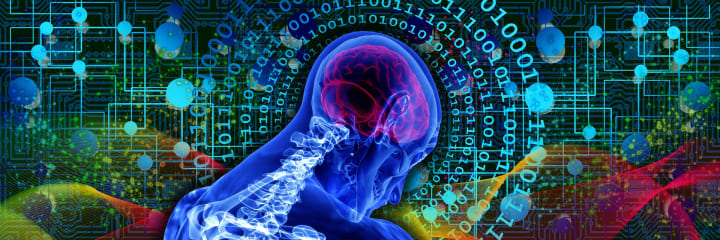
AI in Healthcare
AI is a broad term that refers to machines that can perform tasks that typically require human intelligence, such as learning, problem-solving, and decision-making. In healthcare, AI is being used to help doctors diagnose and treat patients, as well as to manage patient data and improve communication between healthcare providers.
One of the most promising applications of AI in healthcare is in medical imaging. AI algorithms can analyze medical images such as X-rays, CT scans, and MRIs with a level of accuracy that rivals human radiologists. This technology can help doctors detect diseases such as cancer and heart disease earlier, which can improve patient outcomes and save lives.
AI is also being used to help doctors personalize treatment plans for individual patients. By analyzing patient data such as genetic information, medical history, and lifestyle factors, AI algorithms can identify patterns that can help doctors choose the most effective treatments for their patients. This technology can also help doctors monitor patients' progress and adjust treatment plans as needed.
In addition to diagnosis and treatment, AI is also being used to improve patient care and communication. Chatbots and virtual assistants can help patients access information about their health, schedule appointments, and communicate with their healthcare providers. This technology can help reduce wait times and improve the patient experience.
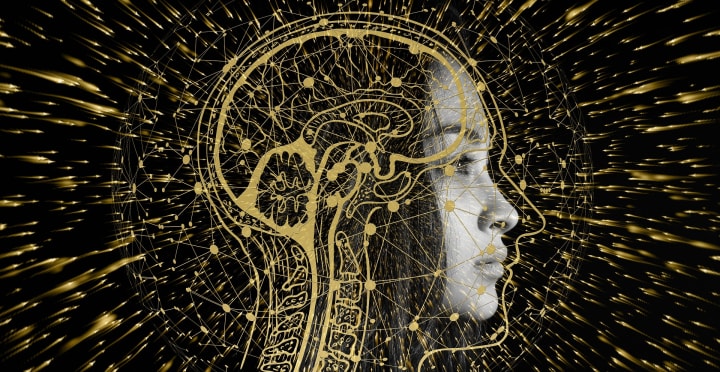
Robotics in Healthcare
Robots have been used in healthcare for decades, but recent advancements in robotics technology have made them more versatile and capable than ever before. Robots are now being used to perform a wide range of tasks in healthcare, from surgery and rehabilitation to patient care and administration.
One of the most exciting developments in robotic surgery is the use of surgical robots that can perform minimally invasive procedures with a level of precision that is impossible for human surgeons to achieve. These robots can perform complex procedures such as heart surgery and brain surgery with minimal scarring and a shorter recovery time than traditional surgery.
Robots are also being used to assist with rehabilitation. For example, exoskeletons can help patients with spinal cord injuries learn to walk again by providing support and assistance to their legs. These devices can also be used to help patients recover from stroke or other injuries that affect their ability to move.
In addition to surgery and rehabilitation, robots are also being used to improve patient care and administration. Robots can help nurses and other healthcare providers with tasks such as patient monitoring, medication delivery, and patient transport. This technology can help reduce the workload of healthcare providers and improve the quality of patient care.
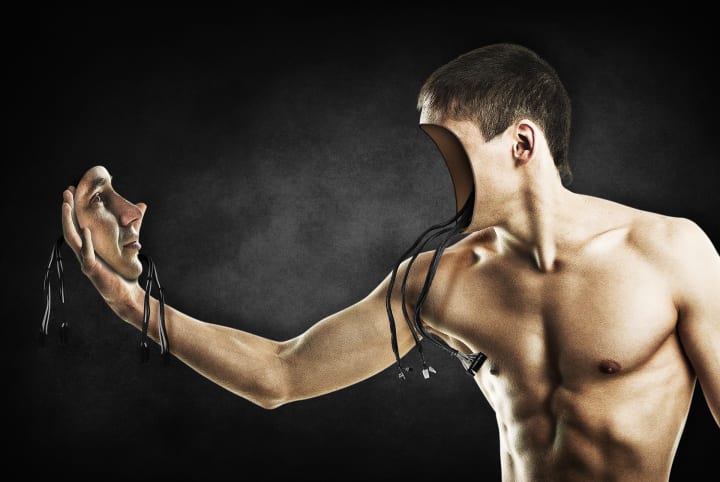
Challenges and Opportunities
While AI and robotics offer many benefits to healthcare, there are also challenges that need to be addressed. One of the biggest challenges is the need for data privacy and security. Patient data is sensitive and must be protected from unauthorized access or misuse. Healthcare organizations must ensure that their AI and robotics systems are secure and compliant with privacy regulations.
Another challenge is the need for training and education. Healthcare providers must be trained to use AI and robotics technology effectively and safely. This requires specialized knowledge and skills that are not taught in traditional medical training programs.
Despite these challenges, the opportunities offered by AI and robotics in healthcare are enormous. These technologies have the potential to revolutionize the way we diagnose and treat diseases, improve patient care and communication, and reduce the workload of healthcare providers.
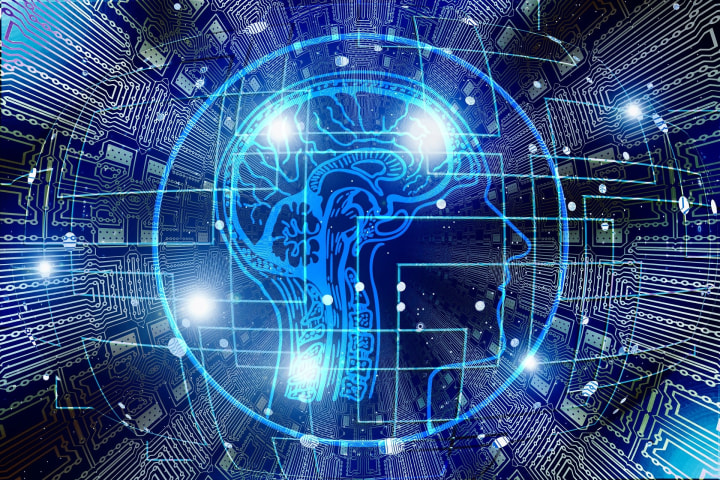
The Future of AI and Robotics in Healthcare
As AI and robotics technology continues to advance, the future of healthcare looks very promising. Here are some of the developments we can expect to see in the coming years:
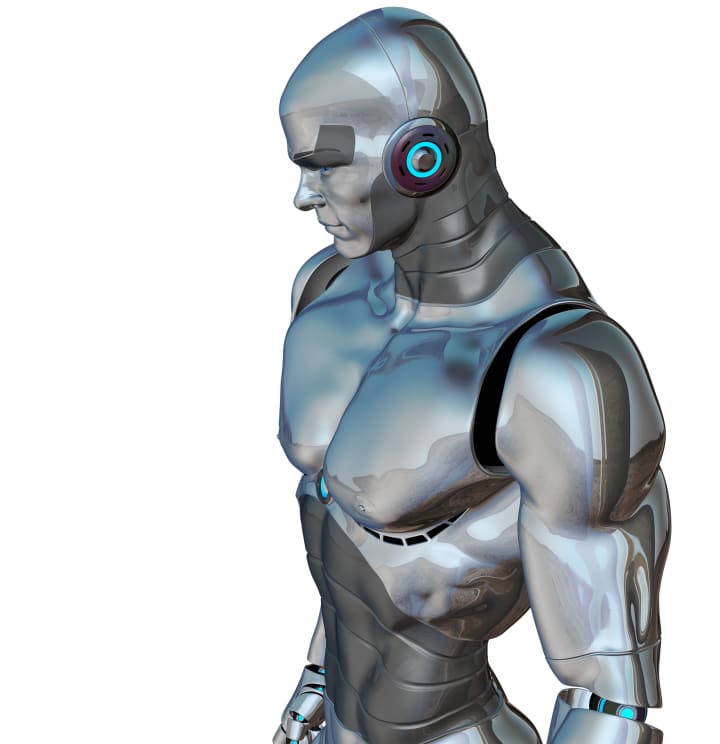
1. Personalized Medicine: AI and robotics technology will enable healthcare providers to personalize treatment plans for individual patients based on their unique genetic and medical profiles. This will lead to more effective treatments and better patient outcomes.
2. Telemedicine: With the help of AI and robotics, telemedicine will become more sophisticated and widespread, allowing patients to access healthcare remotely from anywhere in the world. This technology will be particularly valuable for patients who live in remote areas or who have mobility issues.
3. Wearable Technology: Wearable technology such as smartwatches and fitness trackers will become more advanced and will be used to monitor patients' health in real-time. AI algorithms will analyze this data to identify potential health problems and alert healthcare providers when necessary.
4. Medical Robots: As robotics technology advances, we can expect to see more robots in healthcare settings, performing tasks such as patient monitoring, medication delivery, and even surgery.
5. AI-powered Drug Development: AI algorithms can analyze vast amounts of medical data to identify new drug targets and develop more effective treatments for diseases. This technology has the potential to revolutionize drug development and bring new treatments to market more quickly.
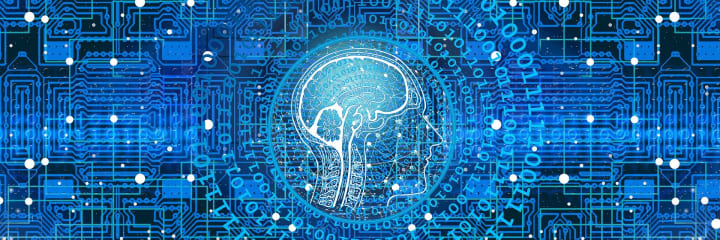
Conclusion
The intersection of technology and healthcare is transforming medicine in ways that were once unimaginable. AI and robotics technology are already making a significant impact on healthcare, from diagnosis and treatment to patient care and communication. As these technologies continue to advance, we can expect to see even more innovative solutions that will improve the quality of healthcare and the lives of patients around the world. However, it is important to address the challenges of data privacy and security, as well as the need for specialized training and education, to ensure that these technologies are used safely and effectively. Ultimately, the future of healthcare is bright, and AI and robotics technology will play a crucial role in this transformation.





Comments
There are no comments for this story
Be the first to respond and start the conversation.